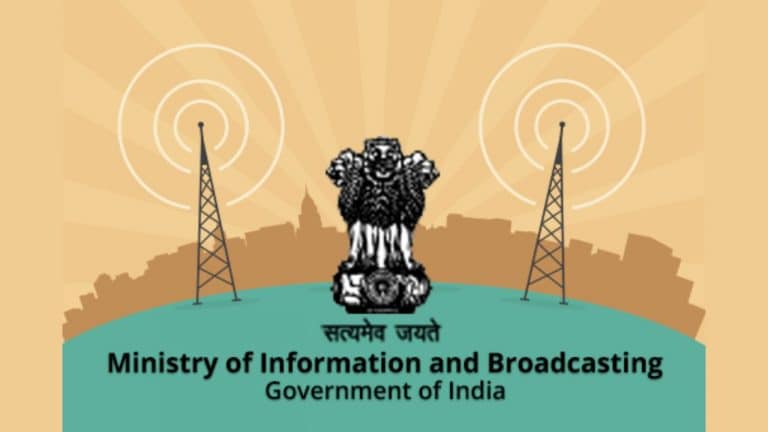Brand Makers
Priya Nair appointed new CEO and MD of Hindustan Unilever, replaces Rohit Jawa

The Cable TV industry in India is currently regulated by multiple laws, rules, and guidelines under various authorities such as the MIB, TRAI, and DoT. Recognizing the complexity of the existing system, the MIB has taken steps to streamline regulations. It has also acknowledged the urgent need to create a level playing field for all broadcasting services, including satellite-based technologies.
In 2021, the MIB issued guidelines allowing Multi-System Operators (MSOs) to share infrastructure, such as headends and networks, under specific conditions. This move is expected to reduce costs and promote small-scale operators by eliminating the need for heavy investments.
Transition to Digital Monitoring and Online Registration
To improve oversight and transparency, the MIB is developing a Cable TV Monitoring Cell (CTMC), which will ensure that MSOs regularly report subscriber data. This initiative is designed to address issues like underreporting and tax evasion, which have been longstanding concerns in the industry.
Another major reform is the shift from offline to online registration for Local Cable Operators (LCOs). Currently, LCOs register at local Head Post Offices, making the process cumbersome and inefficient. The MIB is in the advanced stages of launching an online registration system, which will be integrated into the Broadcast Seva Portal. This will simplify registration, improve compliance, and provide PAN-India validity for operators.
Addressing Consumer Protection and Channel Pricing
In response to concerns raised by the Standing Committee on channel pricing and bundling by broadcasters. The MIB has forwarded the issue to TRAI, which is currently reviewing potential regulatory adjustments.
Additionally, the MIB is working to enhance consumer grievance mechanisms. The Centralized Public Grievance Redress and Monitoring System (CPGRAMS) is already in place, enabling consumers to file complaints against cable operators. To increase consumer awareness, the MIB has conducted extensive outreach campaigns through print, electronic, and digital media.
Employment and Industry Growth Initiatives The declining subscriber base in the cable TV industry has led to job losses, with an estimated 600,000 workers affected over the past four years. While the MIB has acknowledged that technological advancements contribute to job reductions, it has taken measures to boost industry growth and encourage investment.
The government responded to recommendations suggesting measures such as decriminalization of the Cable Television Networks (Regulation) Act, 1995 under the Jan Vishwas Act, 2023, to increase investor confidence. Regulatory simplifications, such as longer license renewal periods for MSOs (extended to 10 years). Encouraging regional content through a new regulatory framework for Platform Services (PS) channels.
The Storyboard18 Digital Entertainment Summit (DES) unpacked India's strategy for leading the digital entertainment economy, with top policymakers where they putlined how talent, technology, and governance would fuel future-ready growth.
Read MoreAt the Storyboard18 Digital Entertainment Summit in New Delhi, policymakers and industry leaders outlined how talent, technology, and governance will drive India’s push to dominate the global entertainment economy.